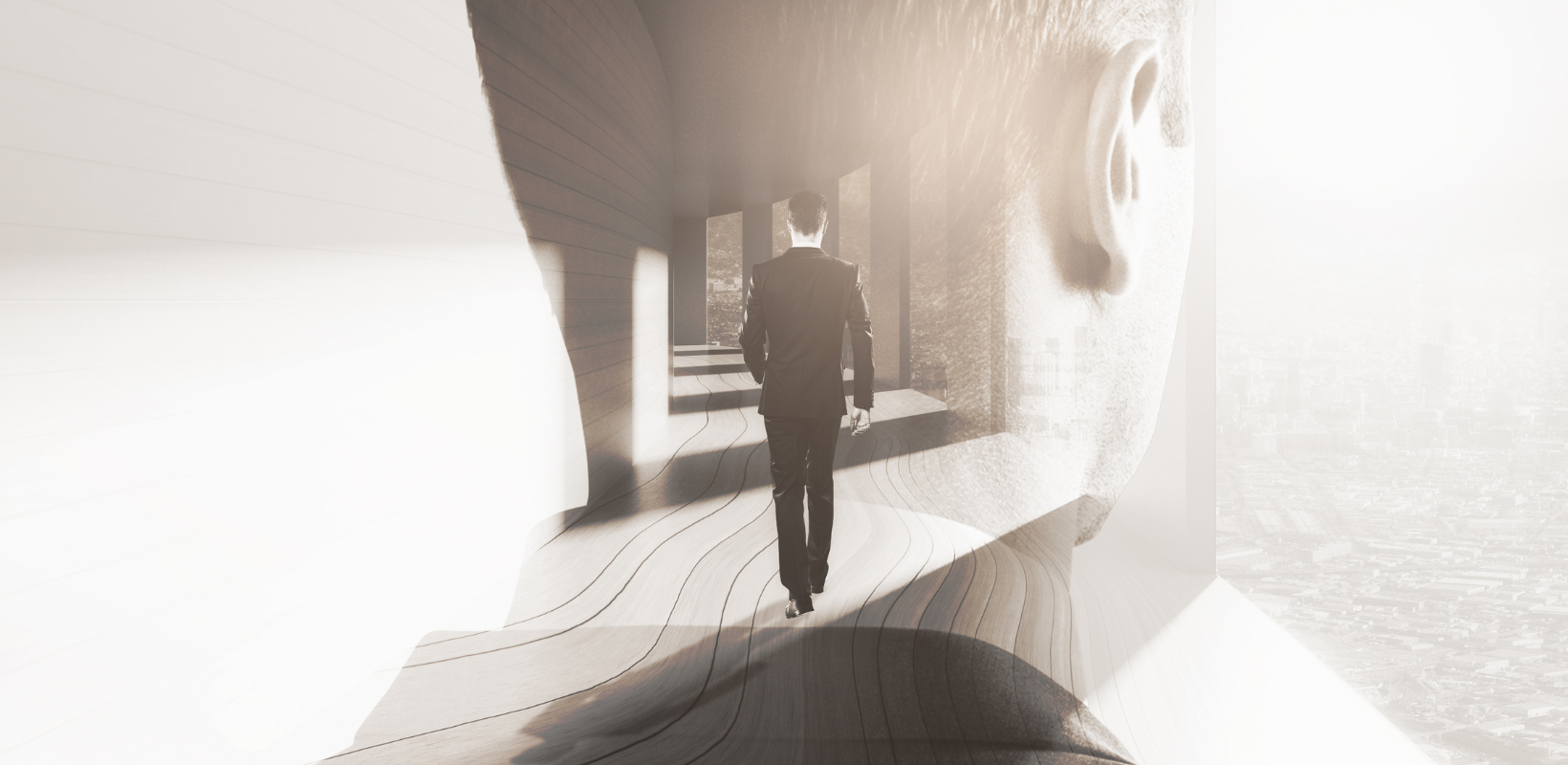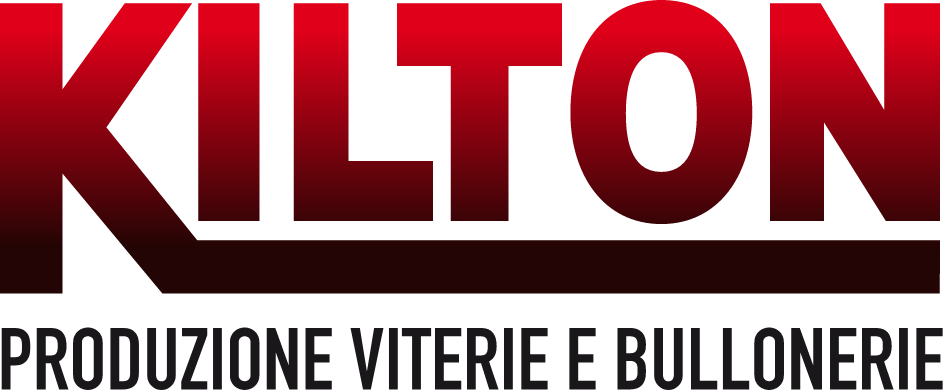Today, more than ever, there is no shortage of criticism of the EU’s operations, and this is because we are unable to see a broad time horizon of improvement.
Provided there is, we fail to feel this organizational design for the future as applicable, realistic and concrete.
The morass of internal issues in which the EU is stuck generates an obstacle to the ability to act decisively and coherently, in turn creating a natural sense of doubt and uncertainty in the population.
Criticism towards European Union bureaucracy
In addition to the above, the fact that bureaucracy has become extremely complicated cannot be ignored. Companies, the real driving forces of the economy, are forced to divert valuable time and resources to comply with often nonsensical rules and regulations.
As if expanded competition were not already a significant problem, we also end up with these restrictions that stifle innovation and jeopardize the ability to be able to aim to be competitive.
Instead of promoting economic growth and employment, the limbs of creativity and flexibility are being sawed off, making the Europe of now an uninviting environment for any entrepreneur.

Reflecting and analyzing to form an opinion and be aware
Kilton’s intention is not to polemicize at all costs, but we believe that these inconsistencies are not negligible. We should not passively accept what is proposed but carry out a careful analysis and form our own opinion about it.
We live in a time when truth seems to elude us, where disinformation is rampant and the ability to discern between real and fake news is increasingly compromised. In this context, it is crucial to exercise critical and analytical thinking to fully understand the problems facing the EU and their implications for our future.
In summary, in our view, Europe should commit itself to:
- facing and resolving its own contradictions
- define a useful strategy for the future
- Find concrete solutions to restore public confidence.
Lastly, the EC should work to simplify bureaucracy, reduce regulatory burdens and promote innovation, instead of doing all the opposite.
We hope that reading this article has been an enjoyable food for thought.
If you enjoyed it, check out our blog!


